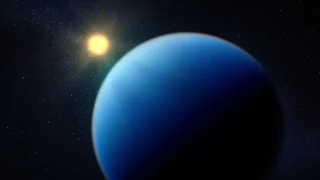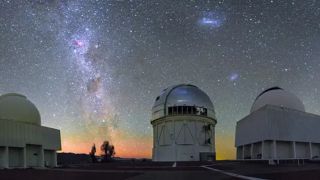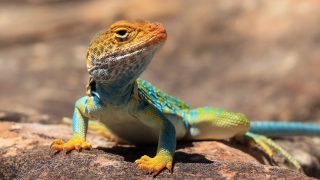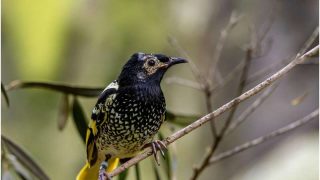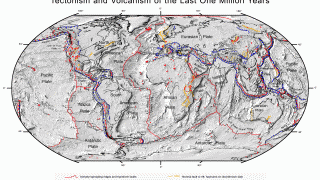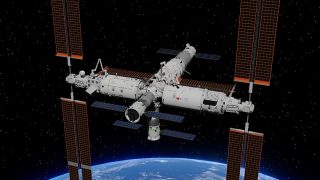
MI weekly selection #604
New bacterium found on Tiangong space station Researchers have discovered a previously unknown bacterium, Niallia tiangongensis, on China’s Tiangong space station. The bacterium, found in swabs taken by the Shenzhou-15 crew, shows unique traits that may help it survive the harsh space environment. Full Story: ScienceAlert Unique facial tattoos discovered on 800-year-old mummy Researchers have […]

